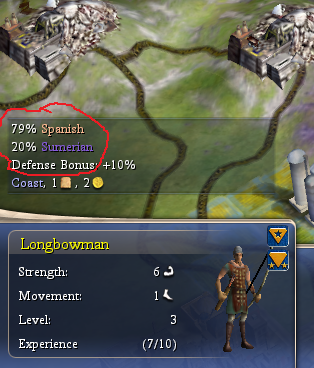Yes, increasing the global culture rating will increase the culture produced by each city, which will increase the rate at which your borders grow. With the right buildings, the global culture rating also adds happy people to your cities, which helps them to grow larger.
If you hover over a square, you can see the current balance of culture in that square just above the unit picture. Whoever has the highest total is the current owner of the tile. If your culture that reaches that square is higher than the culture of the other civ, your percentage will grow over time.

In your own cities you can also see a percentage of culture. If you captured the city from someone else, it will start out heavily waited towards them. The higher the percentage is for opposing countries, the more likely a city is to defect. You can't see a percentage of culture in cities you don't own, but it works similarly. If you have significantly higher culture output near an opponent's city than they do, you can eventually get that city to defect to you without warfare.
You need to be careful of capturing a city that is well surrounded by an opponents cultural borders, as it will likely defect back quite quickly. In this situation it is often better to just raze the city instead. You can decrease the likelihood of defection by stationing additional units in the city, but this often isn't enough, and if the city defects you lose the units too. Generally, the best strategy is to capture cities on the outskirts of their territory first, where they will have less culture output. Or be prepared to capture all their large cities in rapid succession. Also think carefully before sparing a civilization, as destorying the civ completely insures that your cities can't defect back to them.


